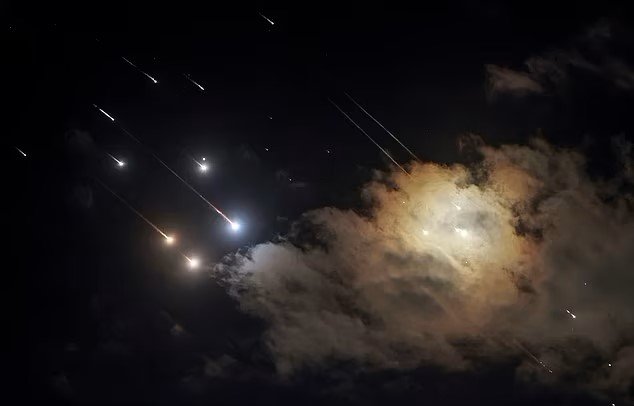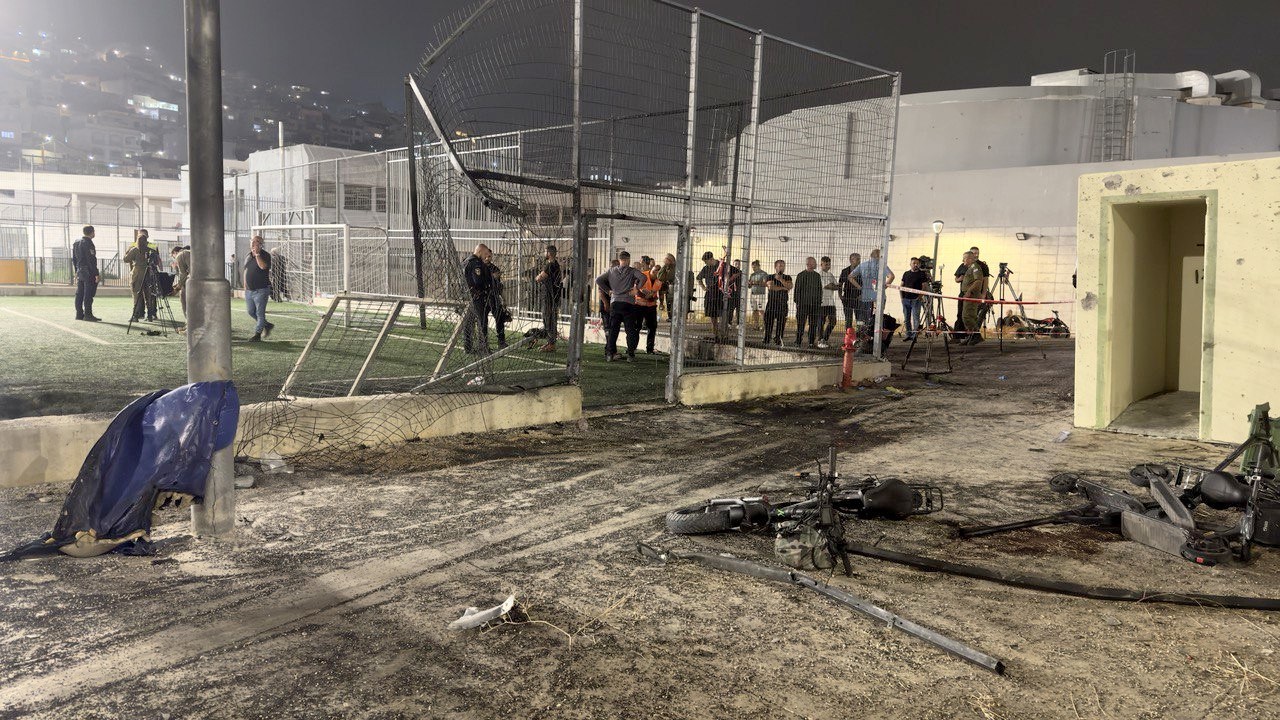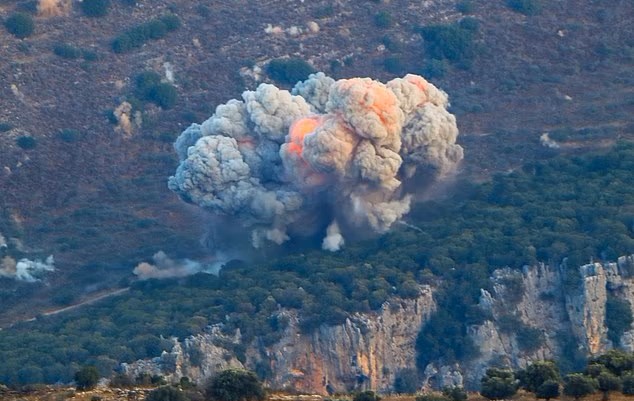In a major escalation of the conflict between Israel and Iran, Tehran launched over 180 missiles into Israel on Tuesday night, dramatically heightening hostilities that threaten to engulf the entire Middle East in a regional war.
The missile barrage is a retaliation for a series of deadly Israeli bombardments of Hezbollah militants in Lebanon and Yemen.
Iran’s military confirmed the strikes, saying they were avenging the deaths of key Hezbollah leaders, including Secretary-General Hassan Nasrallah, who was killed in an Israeli airstrike in Beirut last week. It released a statement saying, “O, Habibi! We made the earth quake in your honor.”
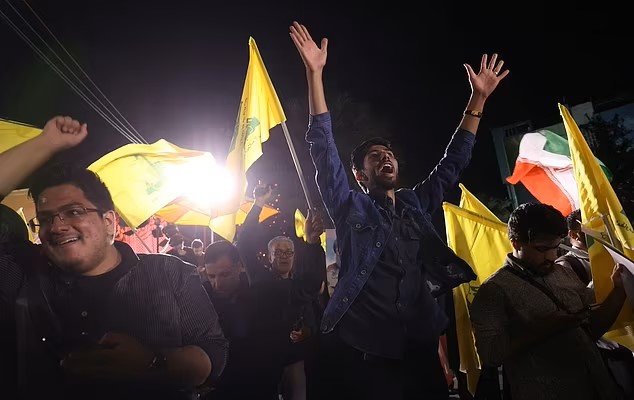
An Iran top military officer, General Mohammad Bagheri, warned that Tehran would strike Israel “with multiplied intensity” if the attacks on Hezbollah continued.
Israeli Missile Defense Holds
Israel’s military quickly responded, with Rear Adm. Daniel Hagari, the country’s chief military spokesman, confirming that many of the incoming missiles were intercepted by Israel’s missile defense systems known as the Iron Dome. However, several missiles did manage to reach targets in central and southern Israel, lightly wounding two people, according to Israeli emergency services.
Amid the chaos, Prime Minister Benjamin Netanyahu vowed swift retaliation, declaring, “Iran made a big mistake tonight and it will pay for it.” He also indicated that Israel’s military would continue to operate against Iranian-backed Hezbollah forces until stability could be restored in the region.
Ground Fighting in Lebanon Heats Up
On the same day, Israel expanded its military operations into southern Lebanon. Israeli airstrikes and artillery shelling hit villages close to the border, with Hezbollah retaliating by firing more rockets into northern Israel. While Hezbollah has denied that Israeli forces crossed the border, Israeli officials stated they have conducted covert operations in southern Lebanon for nearly a year, targeting Hezbollah’s infrastructure.
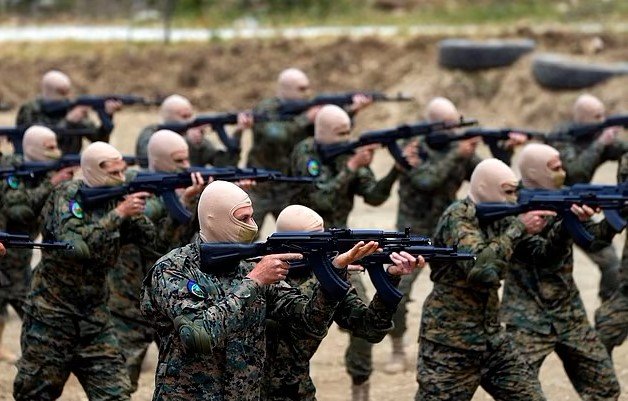
In a statement, Israeli military officials said their goals were limited and focused on neutralizing Hezbollah’s military capabilities. “We’re not going to Beirut,” Hagari noted, indicating that Israel wants to restrict itself to the narrow strip of the Lebanese border.
International Concern Grow
The international community has responded with alarm. The U.N. Security Council scheduled an emergency meeting to address the rapidly deteriorating situation, while the U.S. reiterated its firm support for Israel.
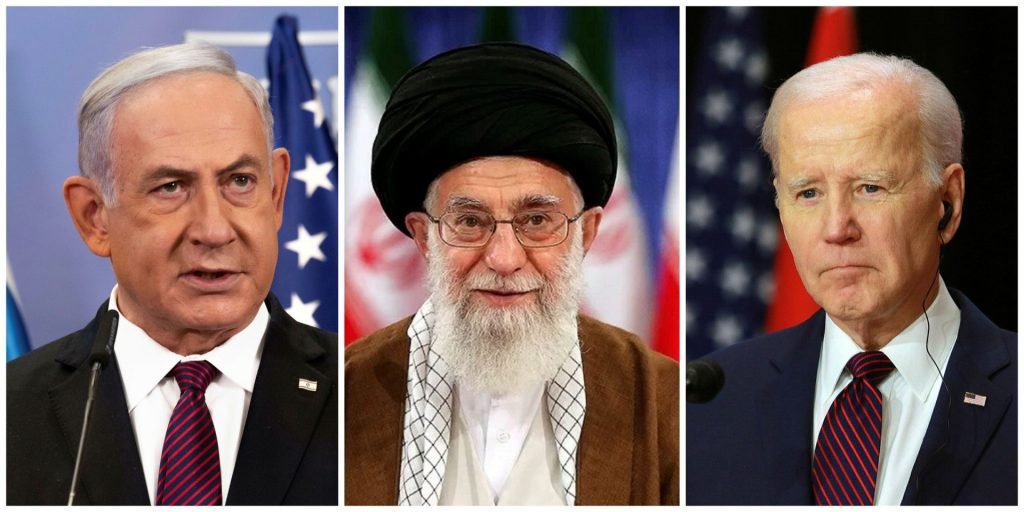
National Security Adviser Jake Sullivan described Iran’s missile strike as a “significant escalation,” though he noted that U.S. assistance helped Israel intercept many of the missiles.
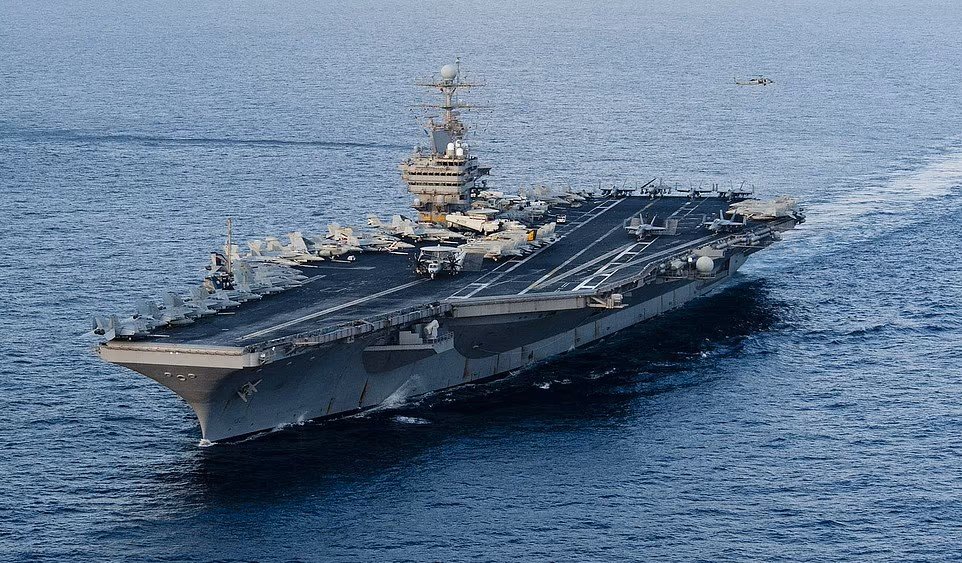
President Joe Biden expressed his administration’s “full support” for Israel, while also working to prevent a broader regional conflict.
Heading To Wider Middle East War?
The rapidly escalating situation has raised fears of a huge war in the Middle East, drawing in Iran in defense of Hezbollah and Hamas, and possibly the United States in defense of Israel.
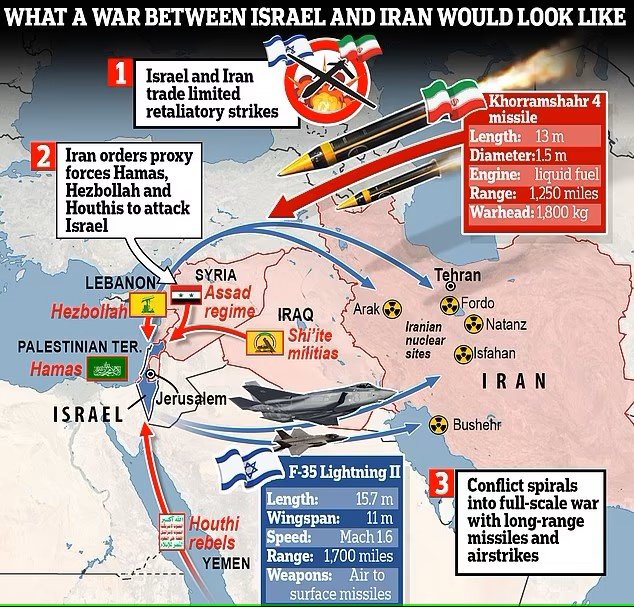
Israel and Iran have long engaged in a shadow war, but Tuesday’s missile strike represents one of the first confrontations between the two nations in years.
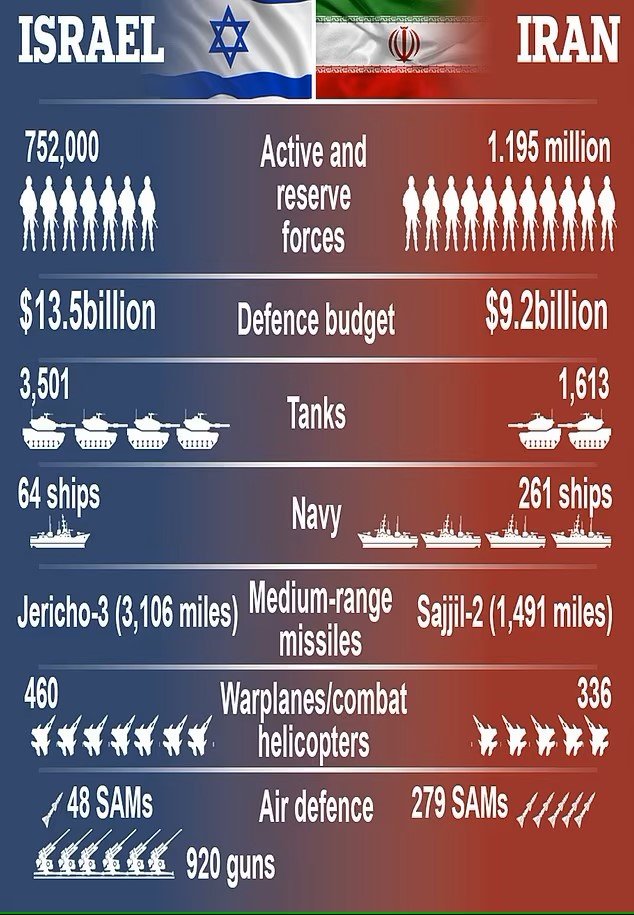
The conflict between Hezbollah and Israel dates back decades, but the group has received increasing support from Iran. Hezbollah, with an estimated arsenal of over 150,000 rockets and tens of thousands of trained fighters, has vowed to keep fighting until Israel withdraws its forces from Gaza.
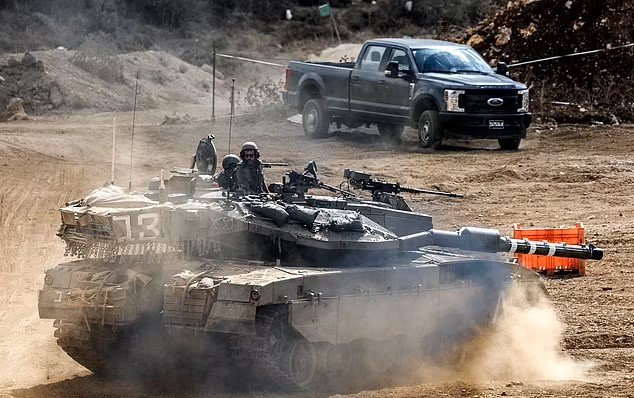

Russia’s hands are preoccupied with its southern conflict with Ukraine, and China appears to be gearing up for a confrontation with Taiwan. What a dangerous place the world has become in just a year!
Comment, Like 👍, share this article, and Follow us on our social media handles.



